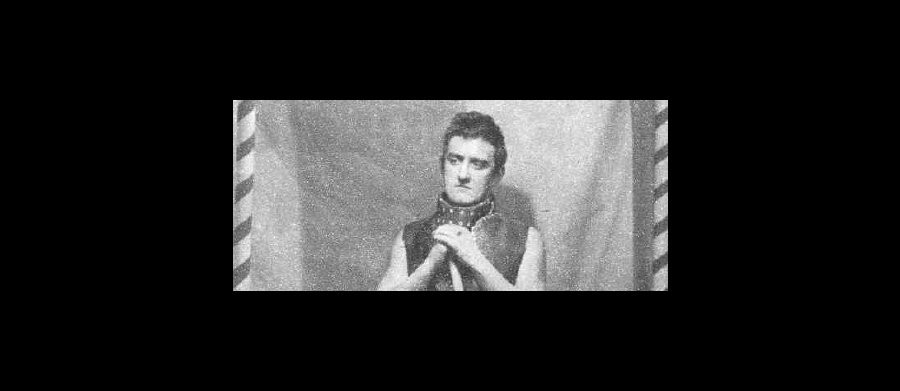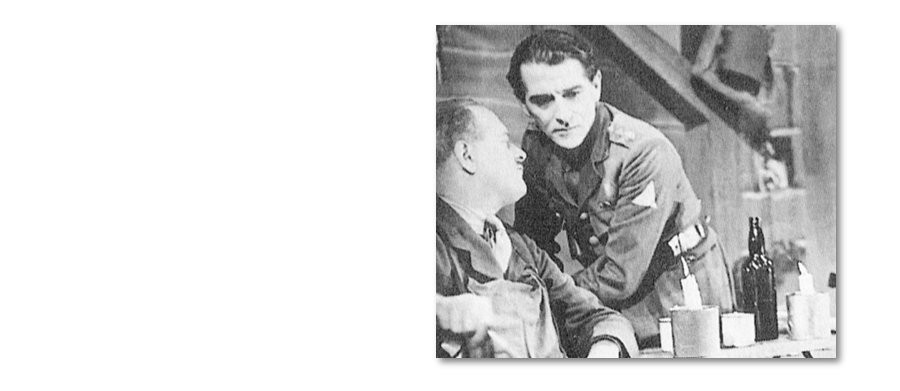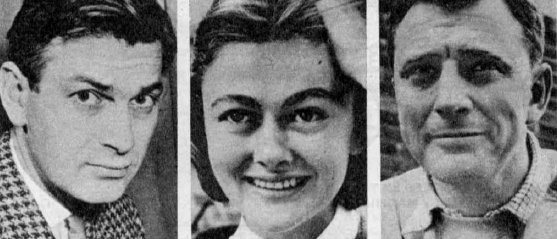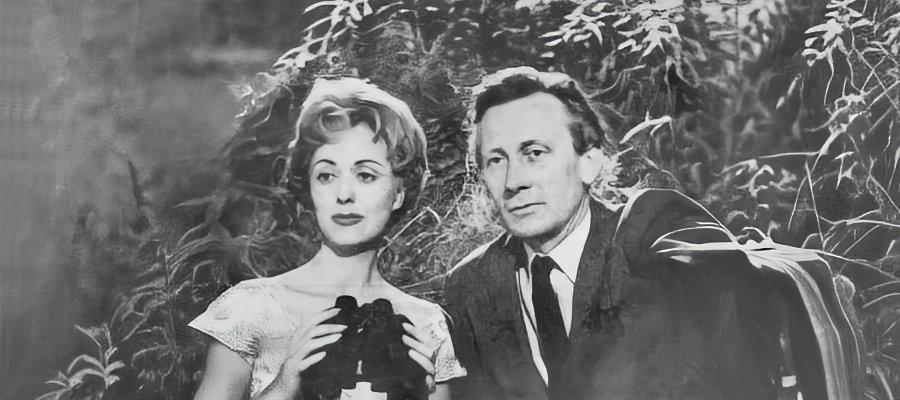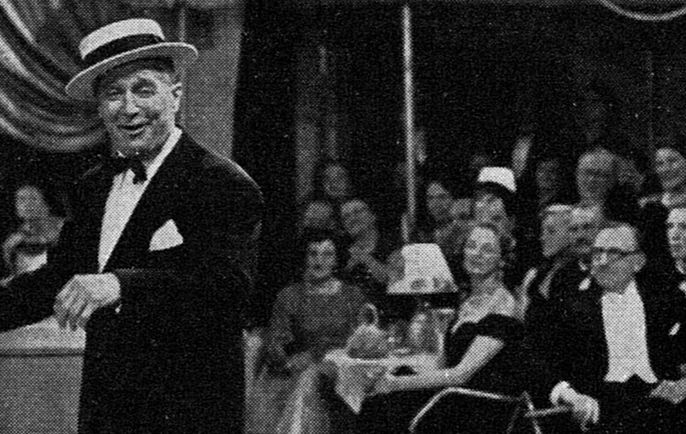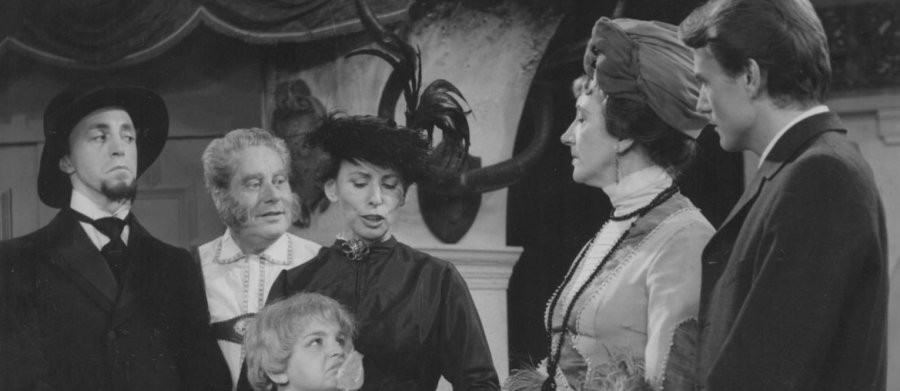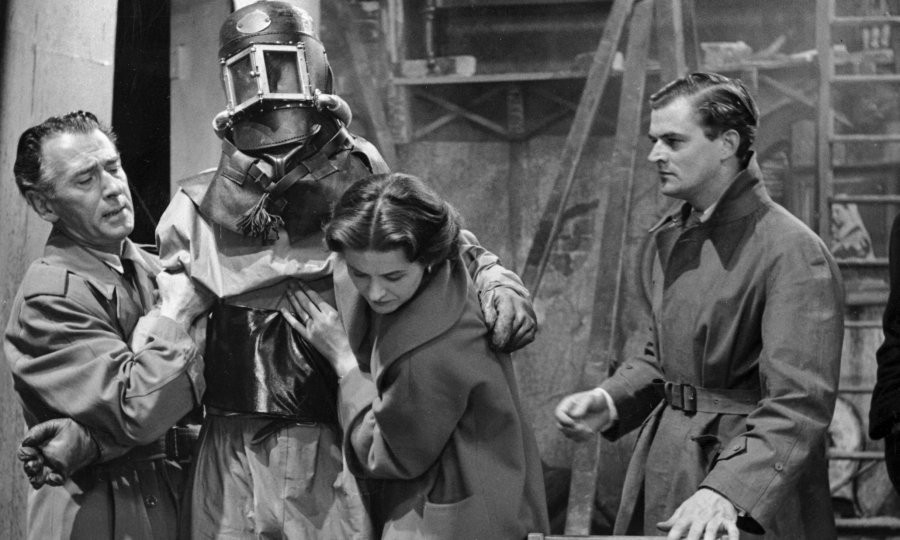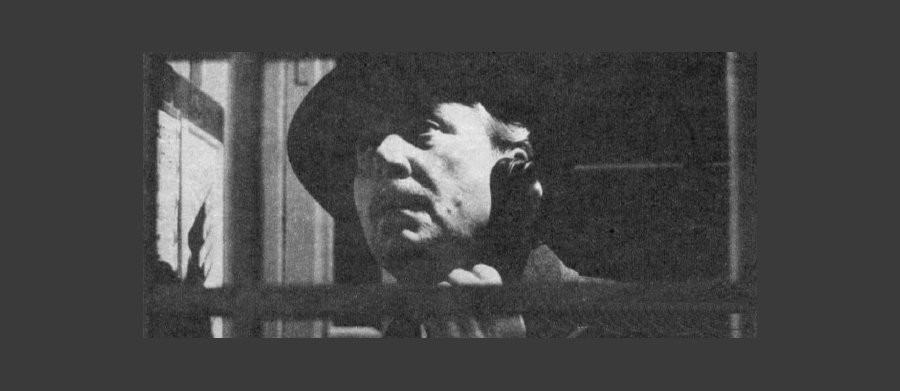
Mourning Becomes Electra
1947 - United KingdomMourning Becomes Electra is a play which retells the story-half legend, half history-of Agamemnon, Clytemnestra, Electra, and Orestes-a story used by the Greek authors of antiquity. It is a play of passion and violence, of a family pursued and destroyed by Fate, of individuals haunted by the shadow of an ancient wrong, unable to escape the consequences of evil and sin.
On stage Mourning Becomes Electra had been lauded by drama critics as a masterpiece of the modern stage—as a play of "heroic proportions," of "burning beauty" and of "spiritual and emotional strength" and was generally regarded as the greatest play by American author Eugene O'Neill. Mourning Becomes Electra lasts nearly five hours in its original stage form. For the purposes of the television production, the play was adapted by Royston Morley and shortened to last a little over three hours, and was televised in two parts.

Originally broadcast on BBC Television on Sunday 30 March 1947 (with part 2 on Thursday 10 April), it was the first substantial success of post-war television drama. Being broadcast live, with no telerecording made, the play was remounted again in 1948 and in 1952. The 1948 production gave Kenneth More one of his first substantial television roles as Captain Peter Niles of the US Federal Army, a role played in the 1952 version by Patrick Macnee. All three versions were directed by Royston Morley and a number of cast members reprised their roles in each production. The 1952 version saw Reginald Tate as Captain Brandt, playing for the first time on television the role he created in the original London stage production of the tragedy.
The Radio Times called Mourning Becomes Electra a 'glowering great cliff of a play, something thrown up in a stone by some old, convulsive, primitive upheaval of nature.'
The action of part one takes place either immediately outside or in the Mannon family house, a gaunt and sombre mansion in New England, not far from Boston. The time is 1865, just before the end of the American Civil War. In the Greek Tragedy on which the play is founded there is the murder of a victorious general by his wife and her lover, the avenging murder by the general's children, and their pursuit by a group of townspeople. Murder, adultery, incestuous love and revenge were bold topics for the BBC to tackle on early post-war television, but their unshrinking faith in the production paid dividends for O'Neill's saga which received such critical praise that it made the film industry take it 'off the shelf' to which it had previously been relegated as 'bad box-office.'
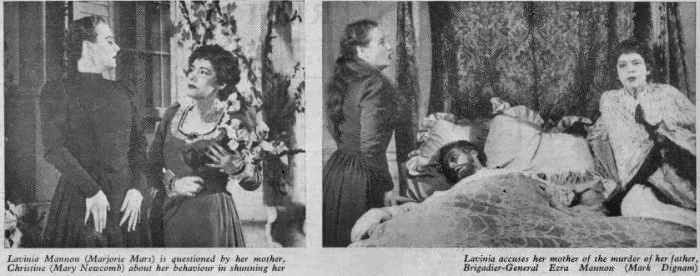
The play is in three parts - in The Homecoming, Lavinia Mannon eagerly awaits her father, Brigadier General Ezra Mannon, to return home after General Lee's surrender. She knows that her mother Christine Mannon is in love with Ezra's relative, Adam Brant, after she saw them kissing. She accuses her mother of adultery and Christine admits she has not loved Ezra and that Lavinia was born of her disgust for him. She loves Lavinia's brother Orin. In order to be free, Christine plans to murder Ezra by replacing his heart medicine with poison. Ezra comes home, and Christine quarrels with him, deliberately taunting him that she is Brant's mistress. He rises in fury, threatening to kill her but falls back in agony, clutching his heart and begging for his medicine. She gives him the poison. Lavinia comes into their bedroom and finds the poison after her mother faints.
In The Hunted, wounded Orin Mannon is welcomed home by his mother and sister, who compete for his affection. Christine warns him that Lavinia is in love with Brant and is jealous of her. Orin loves his mother, but Lavinia explains what has happened and takes him to Brant's ship, where they overhear Brant talking with Christine. After Christine leaves, Orin shoots Brant; Lavinia tells him to make it look like a robbery. Lavinia and Orin go home and tell Christine what they did. Orin begs for forgiveness, but Christine goes in the house and shoots herself.
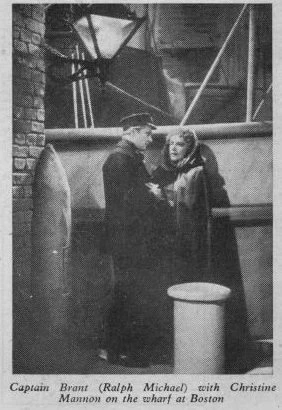
In The Haunted, Orin blames himself for his mother's suicide and locks himself away from the rest of the family to study law, crime, and punishment as his father, a judge, had wanted him to do. Lavinia now accepts the love of her suitor Peter Niles, but this makes Orin jealous. Orin is writing the family history, and Lavinia is afraid that he will tell Peter's sister, Hazel Niles, who is in love with him. Jealous of his sister, Orin tries to give the manuscript to Hazel so that she can show it to Peter before he marries Lavinia; but Lavinia catches Hazel with it and burns it. Orin feels so guilty that he wants to confess in order to find peace. Lavinia suggests that he kill himself, which he does while cleaning his pistol.
Mourning, Hazel accuses Lavinia of driving her brother to suicide and asks her not to marry Peter. The Mannon secrets will prevent their happiness. Lavinia realizes she is forever bound to the Mannon dead. As there is no one left to punish her, she must punish herself. She must live alone in the old house with the ghosts of her ancestors. She enters the dark house alone and shuts the door.
Reviewing the 1952 version in the monthly magazine TV News (Vol.5 No.5 May 1952), television critic John Harman picked out this two-part play as his highlight of the month: 'OH, what a beautiful mourning! Oh, what a beautiful play! Without doubt, honour for the production of the month goes to that remote, proud epic, Mourning Becomes Electra. A drama of shadows, it made rare television. The story of daughter-love, murders-and a suicide thrown in for good measure-was a marathon of misery. Yet it had to be watched. Eugene O'Neill's dialogue was superbly contrived to catch and hold attention.
Produced by Royston Morley, the drama evoked a wet-Sunday-afternoon atmosphere in the highest traditions of Ibsen or Chekov. And what a cast! Andrew Osborn as Orin, the wounded soldier son, and Reginald Tate as Brant, the sea captain, were especially excellent. But the two who bore the play to triumph were of course Catherine Lacey, subtle and tragic as Christine, the mother, and Marjorie Mars, mean, moody and magnificent as Lavinia - a master-portrait of lechery and treachery.
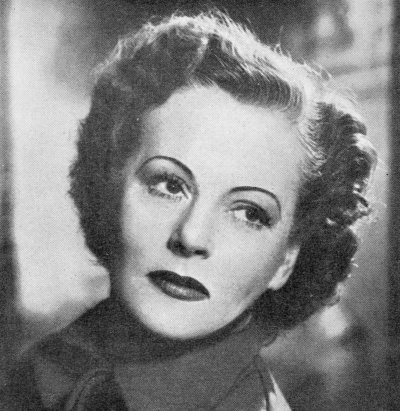
Starting in August 1981 the BBC presented Morning Becomes Electra as a five-part mini-series.
Seen this show? How do you rate it?
Seen this show? How do you rate it?
Published on July 21st, 2021. Written by Malcolm Alexander for Television Heaven.


